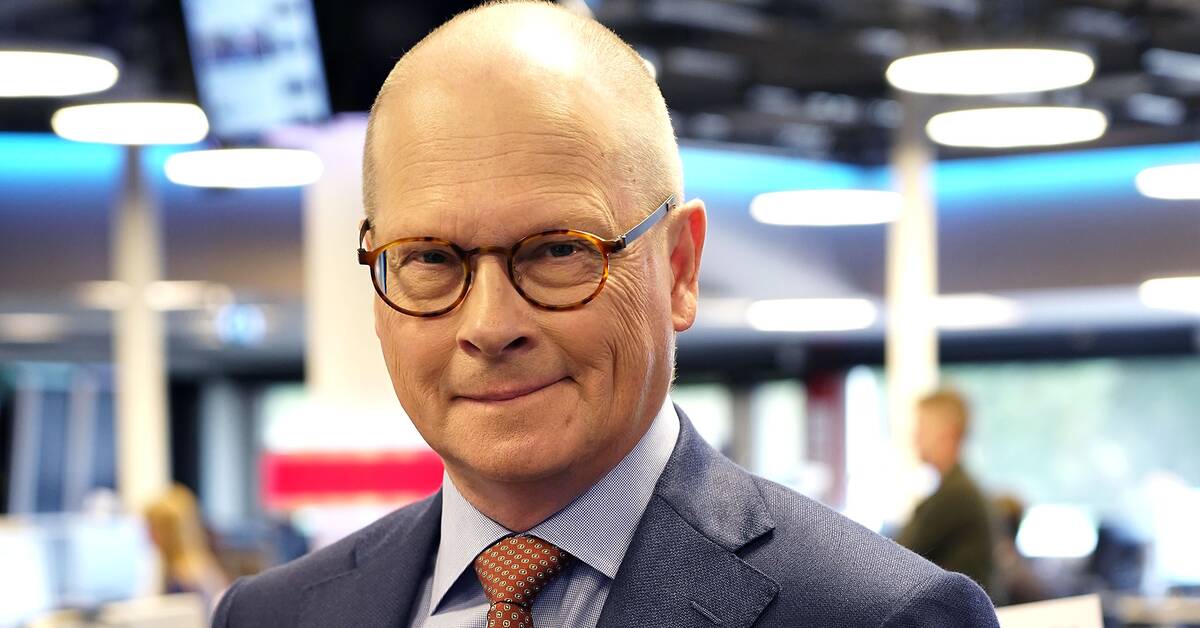Record-high electricity and fuel prices became big and important issues in the final stages of the election campaign.
Rising energy prices combined with higher interest rates and rapidly increasing food prices created widespread anxiety among broad voter groups.
In the election campaign, the parties competed to promise measures to ease the burden on households.
It is not a wild guess that this debate and these proposals influenced many voters.
The government document that won the election promised to act quickly to reduce the sky-high electricity costs of households and businesses.
The moderates promised, for example, that in the event of an election victory, "introduce a high-cost protection for electricity that will be in place on November 1.
This means that 90 billion must be paid back to households and companies".
No high-cost protection is yet in place.
And what is on the way looks to be significantly below the promised 90 billion.
Criticism will grow
According to the latest announcement from the government, the goal is now that the electricity price support will start to be paid out in February if nothing unforeseen happens.
The message is that households are to be compensated in a first step, then companies.
But when the companies will receive their money is unclear, which has led to harsh criticism from especially small businesses, where many are pressured by high energy costs and are now talking about an increased risk of notice.
Criticism will also grow against the way the government's proposal is designed.
Only households and businesses in southern Sweden must be compensated.
But right now the electricity prices are just as high in northern Sweden, which is said to lead to increased demands from there for compensation.
It is therefore set for a betrayal debate after today's announcement.
Hard-hit households with high electricity bills will therefore not receive any money before Christmas, but must wait until at least February before the money is paid out.
At the same time, since the budget was presented, the government has been criticized because the promised reductions in the price of petrol and diesel are too small.
Harsh criticism within SD
Election promises from above all the Moderates, the Sweden Democrats and the Christian Democrats were about rapid reductions of around five to six kroner per liter for petrol and up to ten kroner per liter for diesel.
After the autumn budget proposal, it can be stated that from the turn of the year the price at the pump will be reduced by 14 öre per liter for petrol and 40 öre per liter for diesel.
This has triggered harsh criticism within, among others, the Sweden Democrats, where sharp reductions in the price of petrol and diesel were an important ingredient in the election message.
The government's plans to lower the reduction obligation (mixing of biofuels in petrol and diesel) to the EU's minimum level are to take place from 2024 and may lead to further price reductions, but it is still unclear by how much.
The new governing parties also delivered other election promises concerning the increasingly strained finances of households.
In addition to increased energy prices, inflation has increased while interest rates continue to rise.
The moderates, for example, promised in the election run-up to "temporarily pause the amortization requirement in order to ease the burden on households and so that Sweden can survive the crisis".
So far, however, no concrete proposals have been presented, despite the pressure continuing to increase on highly rewarded households.
It could therefore be a grim winter even for the current government.

